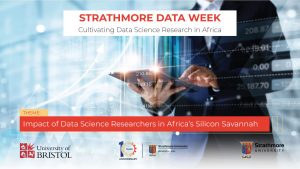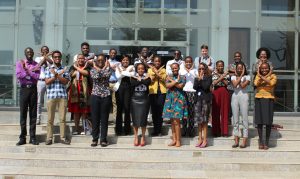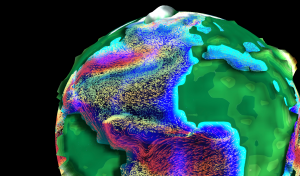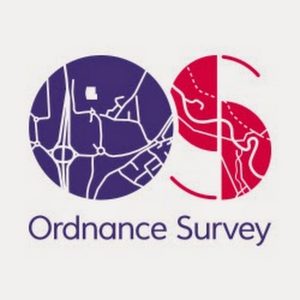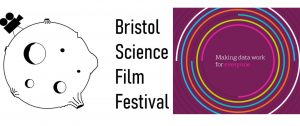John Newby has joined the Jean Golding Institute (JGI) as the Institute Manager and the University Liaison Manager to The Alan Turing Institute, in March 2022.
 “I am very excited to be taking over the reigns from Patty Holley as the Institute Manager over the next two years while she is seconded to The Alan Turing Institute. I have inherited a very dedicated team who have built a great foundation for me to build upon.
“I am very excited to be taking over the reigns from Patty Holley as the Institute Manager over the next two years while she is seconded to The Alan Turing Institute. I have inherited a very dedicated team who have built a great foundation for me to build upon.
“I am hoping to reengage everyone working and associated with the JGI after the last two years of lockdowns building a sense of community with the JGI Team, the Turing Enrichment students, and the Turing Fellows, which will hopefully foster more cross collaboration.
“Growing up in a deprived area, I am also very keen on increasing our Widening Participation provision, working with local schools, communities, charities and small businesses, as well as focusing on projects for societal and environmental good.”
John has previously worked as a Project Development Officer at the Sunderland New Deal for Communities (NDC). This was a £2 billion government project to improve the social and physical regeneration of deprived areas within the UK. The NDC was an area-based initiative focusing on the Hendon and East End areas of Sunderland, which is where John grew up, and still resided at the time, along with many generations of his family. John found it very fulfilling to give something back to the community he grew up in.
Before the JGI, John joined the University of Bristol in 2011, after moving from the University of Sunderland, where he worked as a Research Associate, (ironically) focusing on the ‘Demographic Change on the North East of England’, which found that students would leave the region upon graduation due to lack of job opportunities. This was a cross-collaboration project, working with other North East universities, local authorities, North East Polish Community Organisation, and Age UK. Whilst working as a Research Associate at the University of Sunderland, John was also studying a PhD focusing on the ‘Socioeconomic effects of the London 2012 Olympics on the North East of England’ as well as lecturing on the newly created Sports Tourism module.
John has worked in several roles at the University of Bristol such as a Research Administrator in the School of Social and Community Medicine (now Bristol Medical School), working on the ‘Wellbeing in Secondary Education’ research project, and the ‘Breakthrough Mentoring’ research project. He has also worked as a Senior Executive Assistant in the School of Physics and an Executive Administration Manager in the School of Mathematics. John was the Fry Building Project Manager in the School of Mathematics, working on and overseeing the refurbishment of the Fry Building, which is a Grade II listed building. He has also been a Project Manager in ALSPAC, Bristol Medical School, working on the Children of the 90’s project and a Project Manager in the School of Biological Sciences.
John’s education includes a BSc Computing for Business, an MSc in Urban Policy and Regeneration, a PRINCE2 Project Management (Foundation), and a PRINCE2 Project Management (Practitioner). Unfortunately John did not complete his PhD due to moving to Bristol after his Research Associate role ending at the University of Sunderland, and with it his PhD funding ending also. John would still like to complete a PhD at some point in his career.
During lockdown, John jumped on the lockdown puppy bandwagon and got Holly, a Red Fox Labrador. A friend of John’s has Holly’s sister Poppy, and they get to see each other every week. Holly is a lucky dog, being born on St. Patrick’s Day. She is keen to gate crash meetings (which everyone enjoys!)

In his spare time, John loves to travel and experience local culture and food, (mostly food!), and cannot wait until he can travel again properly.
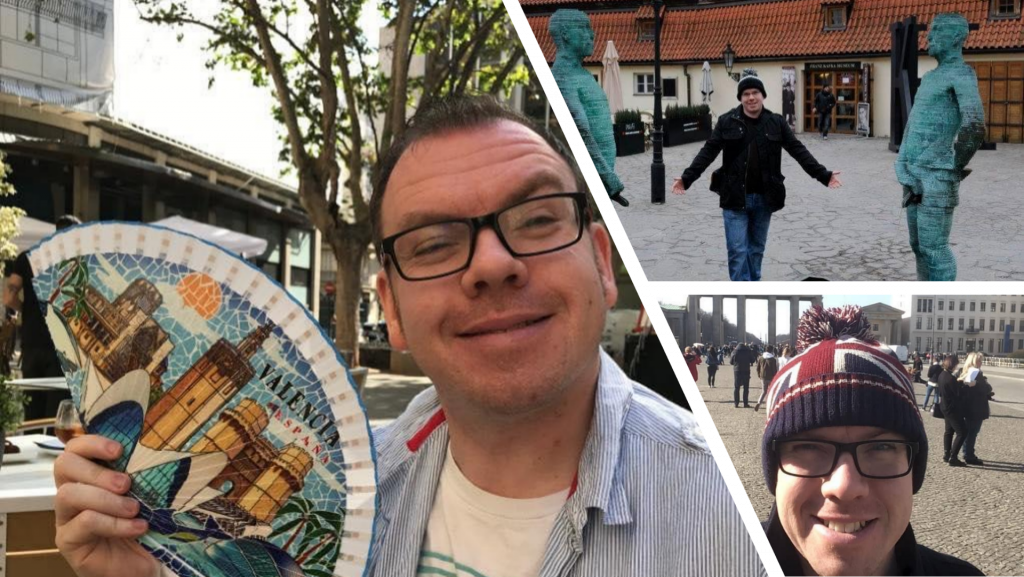
John is an avid Sunderland football supporter. However, (as John says) they are rubbish now, so his love for them is waning a little. John suggests watching the Netflix documentary, Sunderland ‘Til I Die, for the reasons why.

John is a keen photographer and has shared some of his photos (below). John also organises the University of Bristol Photomarathon’s (a photography competition with a challenge! Taking photos on several themes, in the correct order and over a dedicated time period), as well as organising lots of clubs and events over the years, such as the Investment club, Film club, and the Christmas craft fairs. Look out for the return of the Photomarathon in July 2022 and the Christmas craft fair in November and/or December 2022.
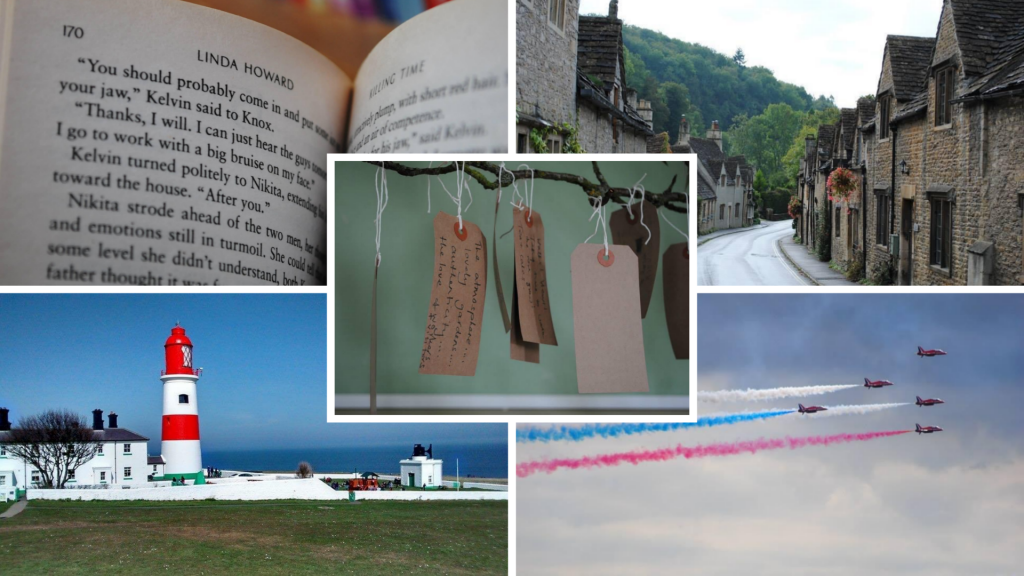
John is hoping the skills and experience he has gained at the University of Bristol over the last ten years, coupled with a great team will help build on the great work the JGI has already achieved over the years taking them to new levels of success.
If you would like to meet John to discuss any Data Science and AI collaboration opportunities, the Photomarathon or Christmas craft fair, or all things football feel free to chat with him on Teams or book an online meeting using Microsoft Bookings.


